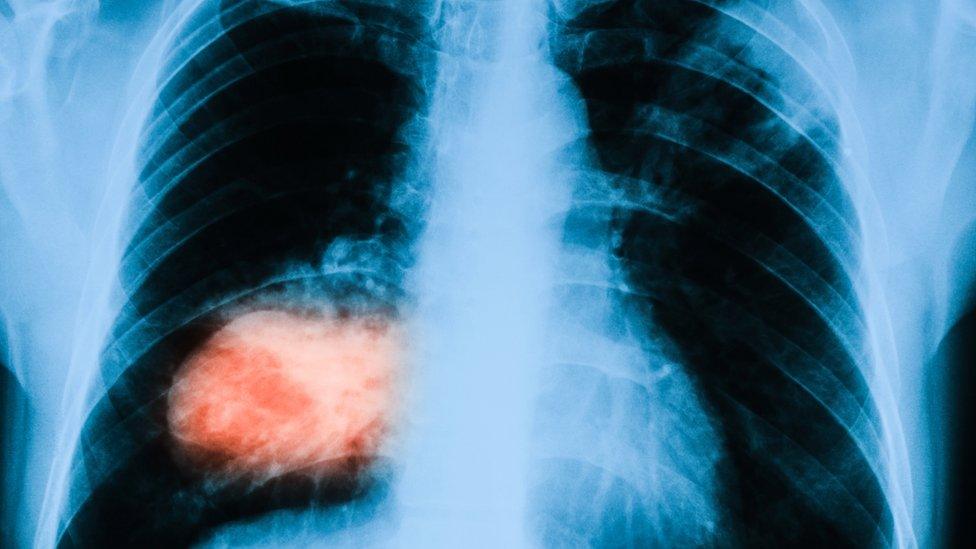City 'second worst' for emergency cancer diagnosis
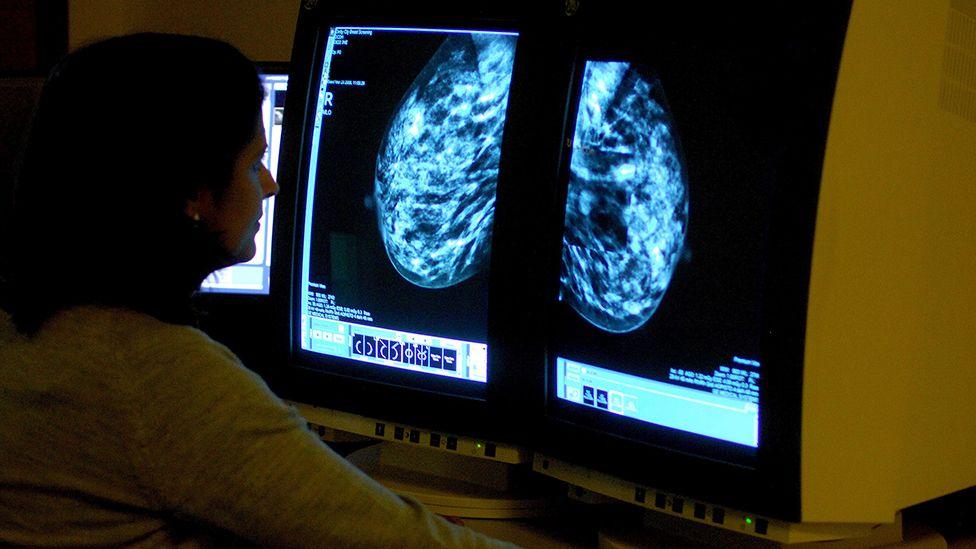
Hull has the second highest rate for detecting cancers only after a emergency hospital admission, statistics show
- Published
More than one in four cancers in Hull are being discovered only after an emergency hospital admission.
It is the second highest rate in the country, according to analysis from Yorkshire Cancer Research.
The charity's director of research, Dr Stuart Griffiths, said early cancer diagnosis was "critical to cancer survival”.
A spokesperson for the local NHS integrated care board (ICB) said the proportion of early diagnoses had increased in recent years.
According to the Local Democracy Reporting Service, the figures show that 26% of cancers in Hull are diagnosed after an emergency admission.
This is higher than the rest of Yorkshire, where the average is 20.3%.
Yorkshire Cancer Research said that three quarters of cancers diagnosed on emergency admissions to hospital were at a late stage.
“Early diagnosis is critical to cancer survival as more treatment options are available and there is a better chance of the cancer being successfully treated,” Dr Griffiths said.
“We hope the government and the region’s political leaders make early diagnosis a priority so more people in Hull and across Yorkshire have access to life-saving screening services and are supported to come forward with any cancer signs or symptoms.”
The NHS Long Term Plan has a target for 75% of all cancers to be diagnosed early by 2028.
However, according to analysis by Yorkshire Cancer Research, the Yorkshire region will miss this target by seven years without improved access to cancer screening.
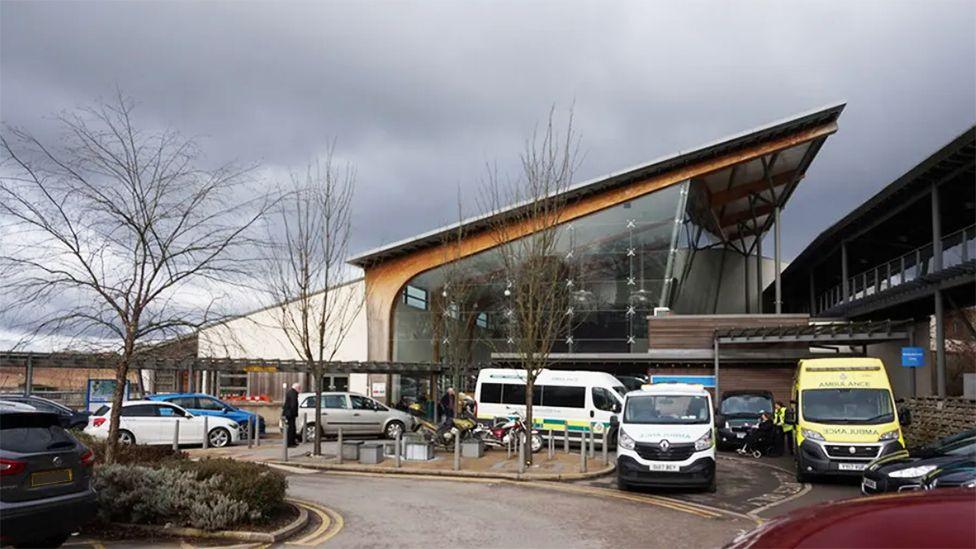
The cancer unit at Castle Hill Hospital near Hull
A spokesperson for NHS Humber and North Yorkshire Integrated Care Board acknowledged that meeting the 2028 target was a "challenge", but it was "working hard to transform the diagnosis, treatment and care for cancer patients in the region".
“The Cancer Alliance’s Awareness and Early Diagnosis programme supports a spectrum of activities to enable this, including improving the public’s understanding of cancer risks, and increasing our population’s engagement with national cancer screening programmes," the spokesperson said.
They pointed to statistics from a "12-month rolling Rapid Cancer Registration Data average", which indicated "an increasing trend in early-stage diagnosis" in the region, from 50% in January 2021, to 58% in October 2023.
Follow BBC East Yorkshire on Facebook, X (formerly Twitter), external, and Instagram. Send your story ideas to eastyorkslincs.news@bbc.co.uk, external
Related topics
- Published7 February 2024
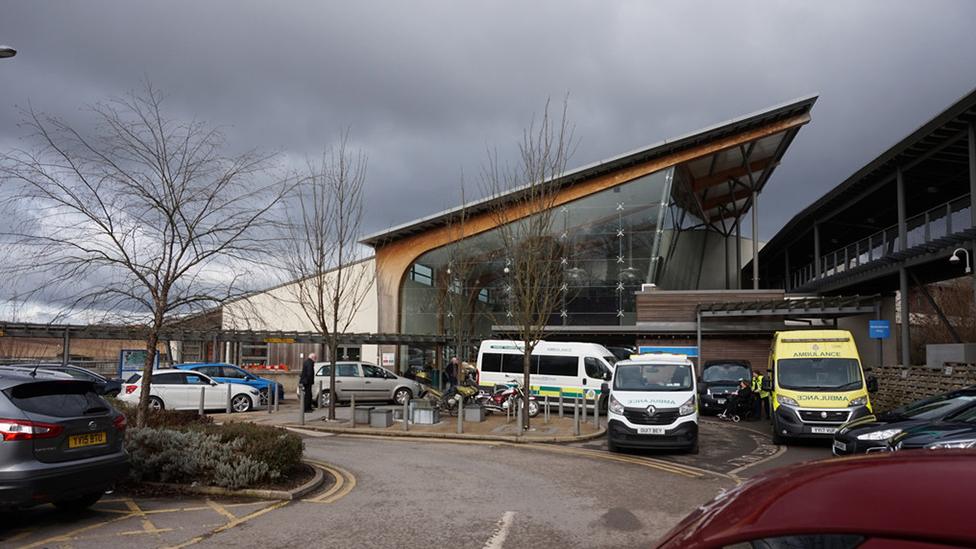
- Published1 November 2023
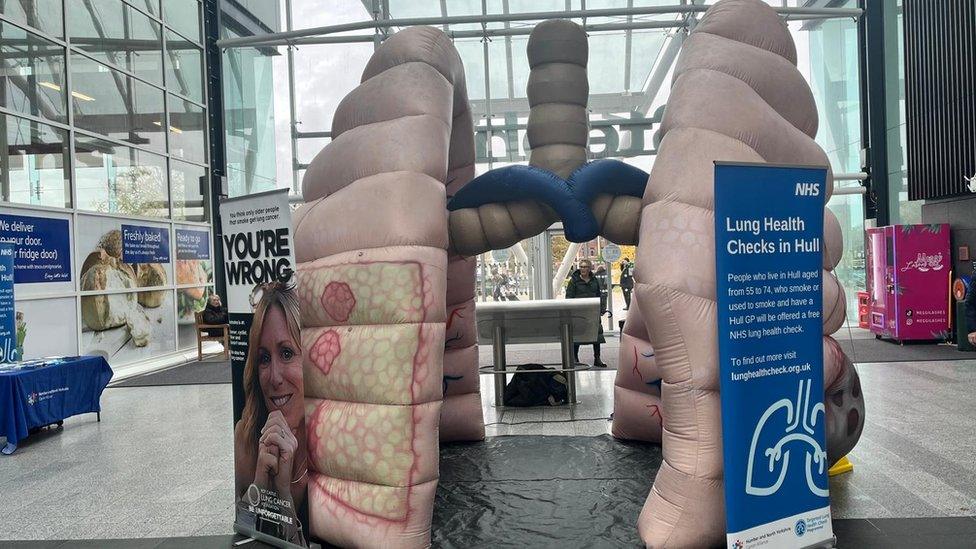
- Published24 January 2024
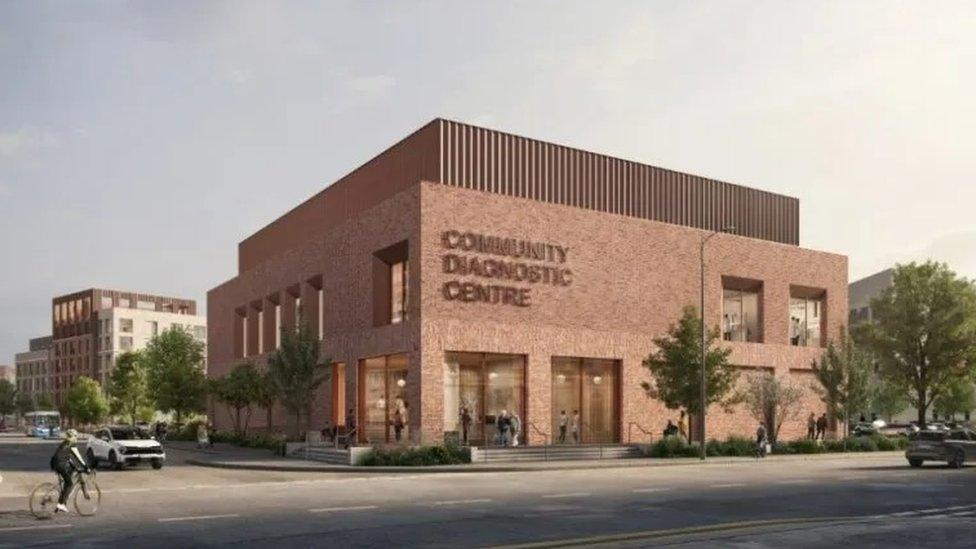
- Published15 March 2017
